With rising pollution levels in urban areas, indoor air quality has become a growing concern for homeowners. Traffic emissions, industrial pollutants, and everyday household activities contribute to poor air quality, often making indoor spaces just as polluted as the outdoors. Air purifiers have emerged as an effective solution to combat this issue, helping homeowners breathe cleaner, healthier air. As more people recognize the health risks associated with airborne pollutants, the demand for air purifiers has surged, making them an essential part of modern urban homes.
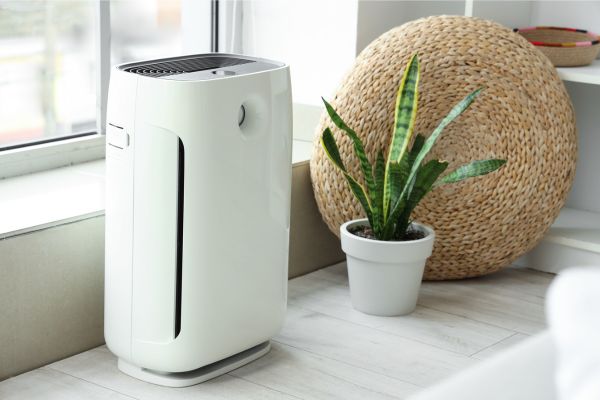
What Are Air Purifiers?
Air purifiers are specialized devices designed to remove contaminants, allergens, and pollutants from indoor air. They work by drawing in air, filtering out harmful particles, and then releasing purified air back into the environment. The primary goal of an air purifier is to enhance indoor air quality, reducing the risks associated with airborne toxins and allergens.
How Do Air Purifiers Work?
Air purifiers use a combination of filtration technologies to clean indoor air. HEPA (High-Efficiency Particulate Air) filters are the most common and can trap 99.97% of particles as small as 0.3 microns, including dust, pollen, and bacteria. Activated carbon filters absorb harmful gases, volatile organic compounds (VOCs), and odors. Some advanced models also incorporate UV-C light to kill airborne bacteria and viruses. By continuously filtering and circulating the air, purifiers help maintain a healthier indoor environment.
Why Urban Homes Face Higher Indoor Air Pollution
Urban homes are exposed to multiple sources of air pollution, making indoor air quality a major concern. Vehicle emissions, industrial smoke, and dust from construction sites contribute to high levels of airborne pollutants. Additionally, indoor pollutants such as pet dander, mold spores, and chemicals from household cleaning products further degrade air quality. High-rise apartments often have limited ventilation, trapping pollutants inside. Poor indoor air quality has been linked to respiratory issues, allergies, and other health problems, making air purification a necessity in urban living spaces.

Key Benefits of Air Purifiers in Urban Homes
Reduction of Airborne Allergens and Pollutants
For individuals with allergies or asthma, air purifiers provide significant relief. They effectively trap allergens like pollen, pet dander, and dust mites, preventing them from circulating in the air. This reduces allergic reactions and improves overall respiratory health.
Eliminating Harmful Chemicals and VOCs
Urban homes are often filled with invisible toxins from cleaning supplies, paints, and synthetic materials. Air purifiers equipped with activated carbon filters absorb these harmful chemicals, reducing the risk of long-term health complications caused by VOC exposure.
Neutralizing Odors and Smoke
Strong odors from cooking, smoking, or nearby industrial areas can linger indoors. Air purifiers help remove these unwanted smells by capturing airborne particles that cause odor. This ensures fresher and cleaner air inside homes.
Preventing Respiratory Issues and Enhancing Well-being
Continuous exposure to polluted air can lead to chronic respiratory conditions and weakened immune systems. By removing harmful particles, air purifiers support lung health, improve sleep quality, and contribute to overall well-being.
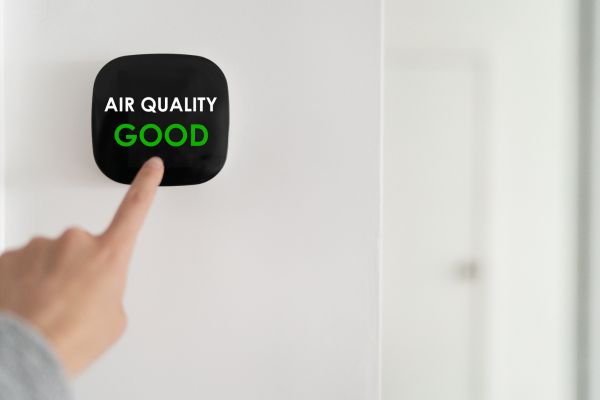
Choosing the Right Air Purifier for Your Home
When selecting an air purifier, several factors should be considered. The size of the room determines the purifier’s efficiency, as different models are designed for varying coverage areas. Filter types are another important aspect—HEPA filters are ideal for allergen removal, while activated carbon filters are best for eliminating odors and chemicals. Additionally, noise levels and energy consumption should be evaluated to ensure a comfortable and cost-effective experience.
The Future of Air Purification Technology
With advancements in technology, air purifiers are becoming smarter and more efficient. AI-powered purifiers can analyze air quality in real time, adjusting filtration levels automatically. Some models integrate with smart home systems, allowing users to control air quality remotely. Eco-friendly innovations, such as biodegradable filters and energy-efficient designs, are also shaping the future of air purification, making them more sustainable and effective.
Air Purifiers Improve Indoor Air Quality
Urban homes are increasingly exposed to air pollution, making indoor air quality a crucial health concern. Air purifiers provide an effective solution by removing harmful pollutants, allergens, and odors, creating a healthier living environment. As technology continues to advance, modern air purifiers are becoming more efficient and accessible, making them a vital addition to homes in densely populated areas. Investing in a high-quality air purifier not only improves indoor air quality but also promotes long-term health and well-being.
Some Air Purifiers you might love:
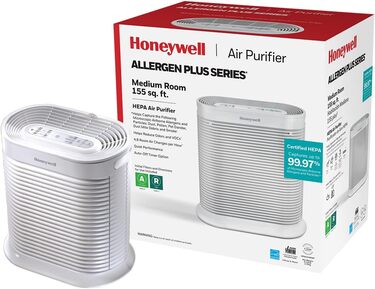
Honeywell AllergenPlus HEPA Air Purifier
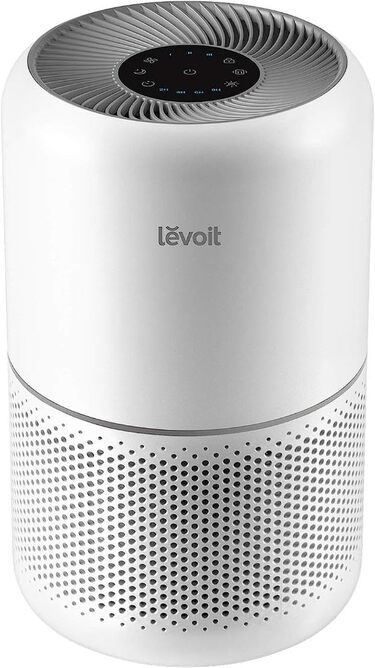
LEVOIT Air Purifier for Home Allergies Pets Hair in Bedroom
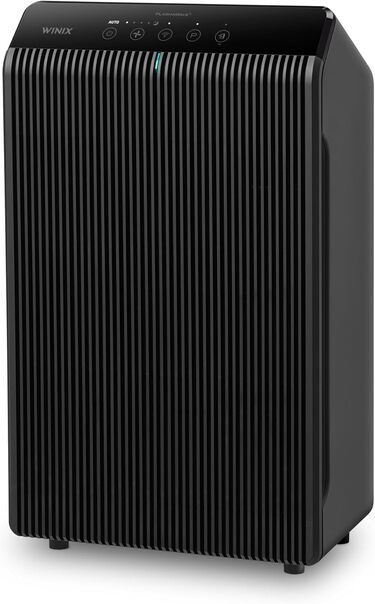
WINIX 5510 Air Purifier




